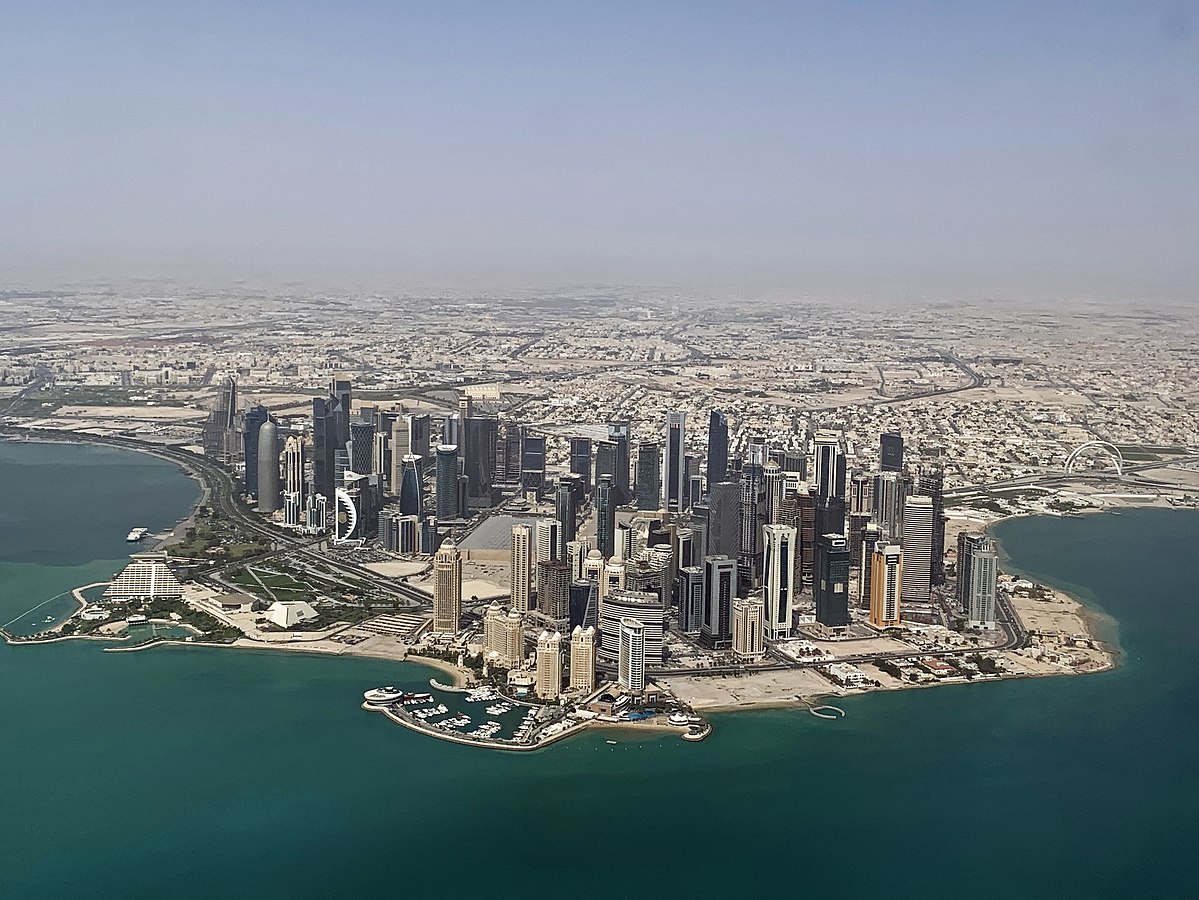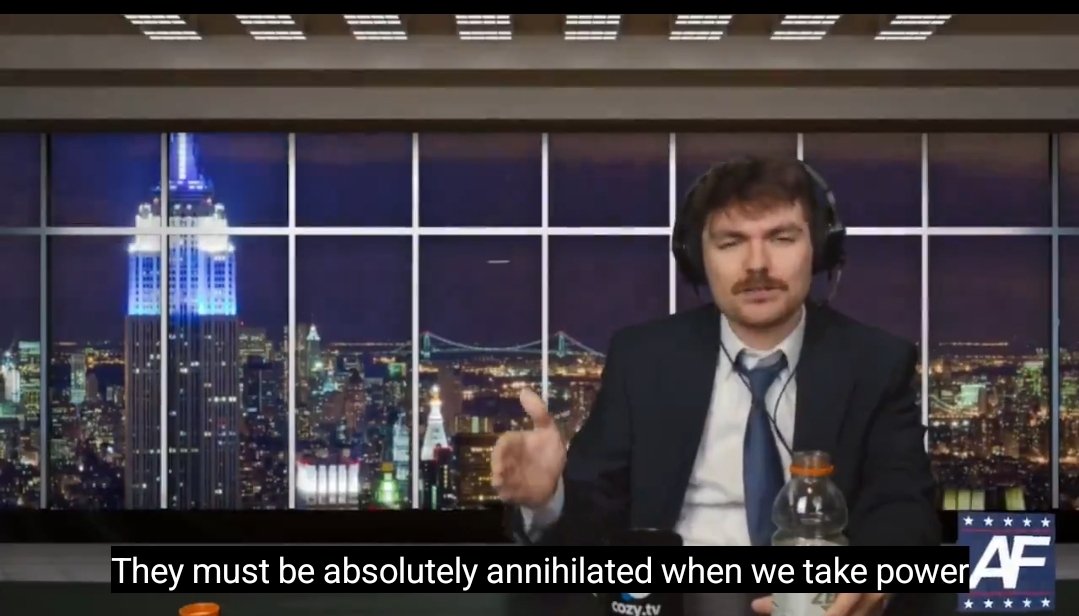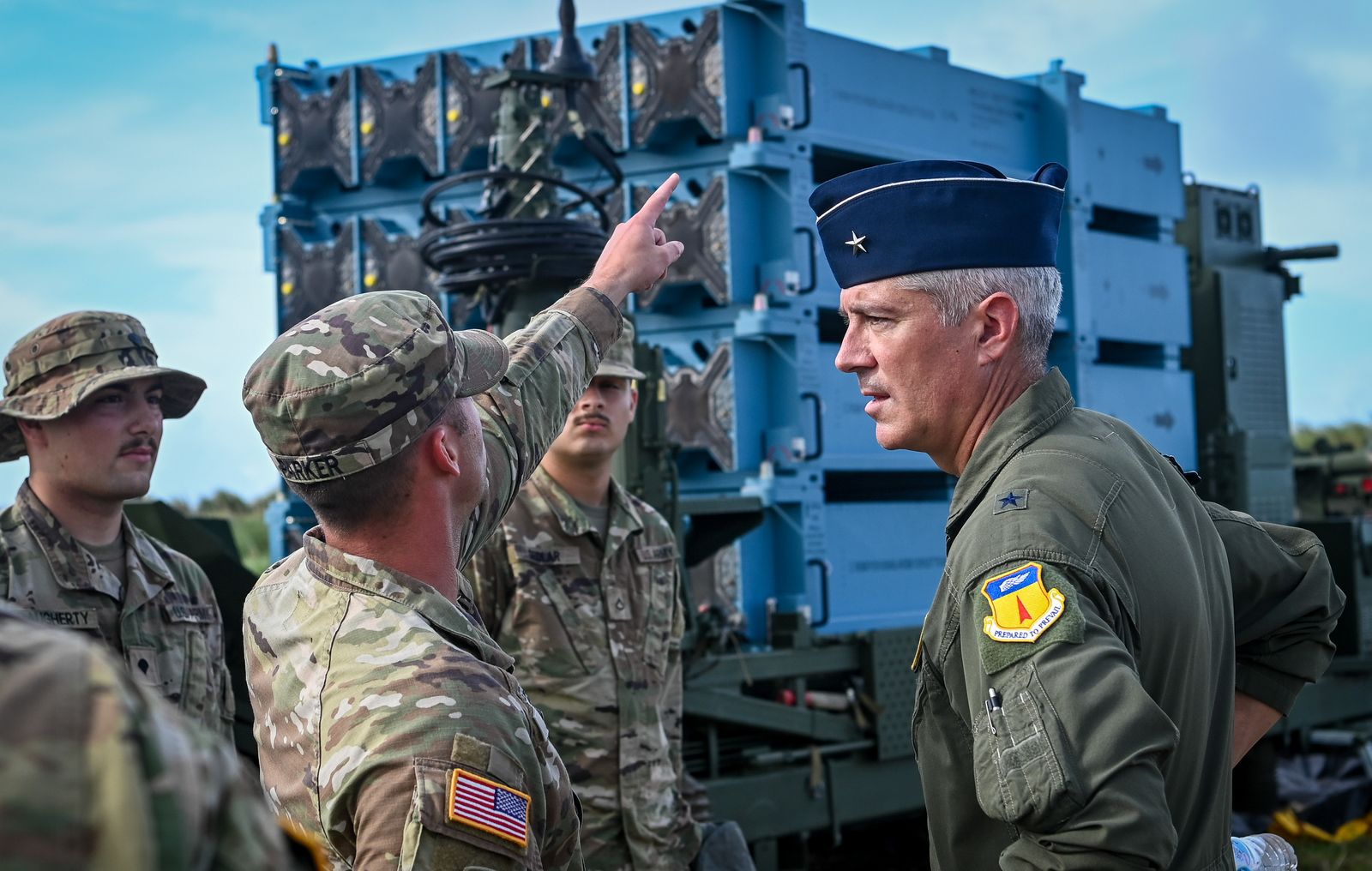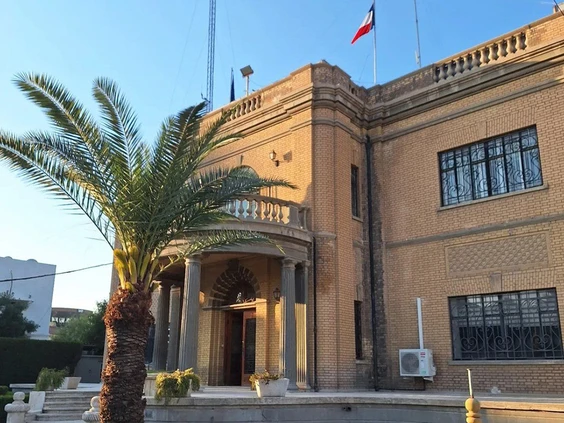By Jacob Kohn and Walter E. Block
Israel’s recent targeted strike against Hamas leaders in Qatar has ignited predictable international criticism, but the condemnation misses a fundamental question: Why were internationally recognized terrorists operating freely under Qatari protection in the first place?
The operation, which eliminated five Hamas operatives along with one Qatari security officer, has been characterized by Qatar’s Foreign Minister Sheikh Mohammed as “an attack on the principle of mediation itself,” since these members of Hamas were involved in peace negotiations between this organization and Israel. He continued: “This attack can only be described as state terrorism, an approach pursued by the current extremist Israeli government, which flouts international law. The reckless and treacherous Israeli aggression was committed while the state of Qatar was hosting official and public negotiations, with the knowledge of the Israeli side itself, and with the aim of achieving a ceasefire in Gaza.”
This framing reveals a troubling contradiction at the heart of Qatar’s mediation efforts. Hamas is universally recognized as a terrorist organization by the United States, European Union, and numerous other nations. Yet Qatar has provided these individuals not just diplomatic immunity, but active protection while they coordinate with an organization that continues to hold innocent hostages and has repeatedly vowed Israel’s destruction.
The comparison to criminal enterprise is apt: we do not distinguish between the bank robber who pulls the trigger and the getaway driver who facilitates the crime. Similarly, Hamas’s “political wing” cannot be divorced from its military operations. These leaders in Qatar were not peace negotiators in any meaningful sense; they were operational commanders of a terrorist organization conducting business from a luxurious safe haven.
Qatar’s claims of legal violation ring hollow when examined against established international law. Under the 1999 International Convention for the Suppression of the Financing of Terrorism and numerous UN Security Council resolutions, states are legally obligated to prevent their territory from being used as safe havens for terrorist organizations. Qatar cannot simultaneously harbor internationally wanted terrorists and then claim diplomatic immunity when those terrorists face justified consequences for their actions.
The principle of aut dedere aut judicare (extradite or prosecute) is fundamental to international criminal law. Qatar has done neither, instead providing Hamas leaders with protection, resources, and legitimacy while they continue to help direct terrorist operations. This transforms Qatar from a neutral state into what international law recognizes as a “state sponsor” of terrorism.
The selective outrage over Israel’s defensive action becomes even more glaring when compared to recent international incidents that generated minimal global concern. In June 2025, Iranian ballistic missiles directly attacked Al Udeid Air Base in Qatar, targeting both Qatari territory and the largest U.S. military installation in the region. While Qatar condemned Iran’s “blatant violation of its sovereignty,” the international response was measured, with the incident serving merely as a catalyst for Trump-brokered ceasefire negotiations.
Even more telling was the muted response to Russia’s recent violation of NATO territory. On September 9–10, 2025, nineteen Russian drones violated Polish airspace during attacks on Ukraine, with NATO forces having to shoot down multiple drones for the first time since the war began. Despite Polish Prime Minister Donald Tusk declaring this brought Poland “the closest we have been to open conflict since World War II,” and despite one drone striking a residential building, the incident was treated as a manageable escalation rather than a fundamental threat to international order.
This stark contrast reveals the double standard applied to Israel’s actions. When Iran directly attacks Qatar’s sovereign territory or Russia violates NATO airspace with armed drones, the international community treats these as diplomatic incidents requiring measured responses. When Israel targets internationally recognized terrorists who have been granted sanctuary in Qatar, it becomes a crisis threatening regional stability and international law.
The Wall Street Journal noted that this strike has “piled fresh strain” on Israel’s relations with Gulf states, countries that were supposed to represent “the cornerstone of its hopes to secure its future by winning diplomatic acceptance in the Middle East.” But this criticism reveals a troubling double standard among supposed regional partners. Former UAE Minister Anwar Gargash called Israel’s action “treacherous,” yet where was this moral outrage when Qatar was harboring internationally wanted terrorists? The real treachery lies in providing sanctuary to those who orchestrate attacks against civilians while simultaneously claiming to broker peace.
International humanitarian law is clear about state obligations regarding terrorist organizations. The Fourth Geneva Convention prohibits providing “aid and comfort” to combatants engaged in hostilities. The International Court of Justice has consistently ruled that states cannot claim neutrality while actively facilitating terrorist operations.
Qatar’s arrangement with Hamas violates multiple international legal frameworks: UN Security Council Resolution 1373 requires states to “refrain from providing any form of support, active or passive, to entities or persons involved in terrorist acts.” The International Convention against the Taking of Hostages obligates state parties to prosecute or extradite those involved in hostage-taking. Customary international law prohibits states from allowing their territory to be used for attacks against other nations. By providing Hamas leaders with diplomatic protection, security details, and operational freedom, Qatar has become complicit in ongoing war crimes. The fact that these arrangements were made public and conducted with international knowledge does not provide legal immunity; rather, it demonstrates Qatar’s brazen disregard for international law.
The current mediation process has dragged on for over a year while Hamas continues to hold hostages, including American citizens. During this time, Qatar has provided Hamas leadership with comfortable accommodations, security protection, and international legitimacy. This arrangement has effectively rewarded Hamas’s terrorist strategy by allowing its leaders to operate with impunity while their organization commits atrocities.
As Asher Fredman observed, there is “concern among these [Abraham Accords] countries that Israel has become too militarily powerful and unrestrained.” This concern fundamentally misunderstands the regional dynamics. Israel’s military capability serves as a stabilizing force against Iranian proxies and terrorist organizations that threaten the entire region, including these same Gulf states.
The draft statement from the recent Gulf states meeting, obtained by Reuters, condemned “the brutal Israeli attack on Qatar and the continuation of Israel’s hostile acts including genocide, ethnic cleansing, starvation, siege, and colonizing activities.” Such hyperbolic language from supposed mediators reveals their inability to serve as honest brokers in any peace process. These same countries benefit enormously from Israeli technological innovation, intelligence sharing, and the regional security umbrella that Israeli military deterrence provides against Iranian expansion. Their public condemnation while supposedly privately cooperating represents the kind of diplomatic duplicity that has prolonged this conflict for decades.
The death of the Qatari security officer is indeed regrettable. However, his role was not to arrest these terrorists, as international law would require, but to protect them from accountability. This transforms Qatar from a neutral mediator into an active facilitator of terrorism. Consider the precedent this establishes: any terrorist organization can now claim diplomatic immunity simply by participating in “negotiations” while continuing their violent activities. This makes a mockery of international law and justice.
True regional stability requires clear moral distinctions between legitimate actors and terrorist organizations. Qatar’s model of providing sanctuary to Hamas leaders while claiming neutrality is not mediation; it is complicity. The Abraham Accords were premised on the idea that shared interests in regional stability, economic prosperity, and security cooperation could overcome historical animosities. But this foundation crumbles when signatory states provide safe haven to organizations explicitly committed to destabilizing the entire region.
Israel’s technological and military capabilities are not threats to regional stability; they are bulwarks against it. The sooner regional partners recognize that appeasing terrorist organizations only encourages further extremism, the sooner genuine peace can be achieved. Real mediation requires that all parties operate within legal and moral frameworks, not that terrorists be rewarded with luxury accommodations and diplomatic protection. Until this fundamental principle is established, any “peace process” remains an exercise in futility that only serves to legitimize and prolong terrorist operations.
Jacob Kohn (pseudonym) is an independent scholar and an Orthodox Jew from Israel. He resides for extended periods in an Arab country and prefers to remain anonymous due to the sensitive nature of this commentary.
Walter E. Block, Ph.D. is Harold E. Wirth Eminent Scholar Endowed Chair and Professor of Economics at Loyola University New Orleans







